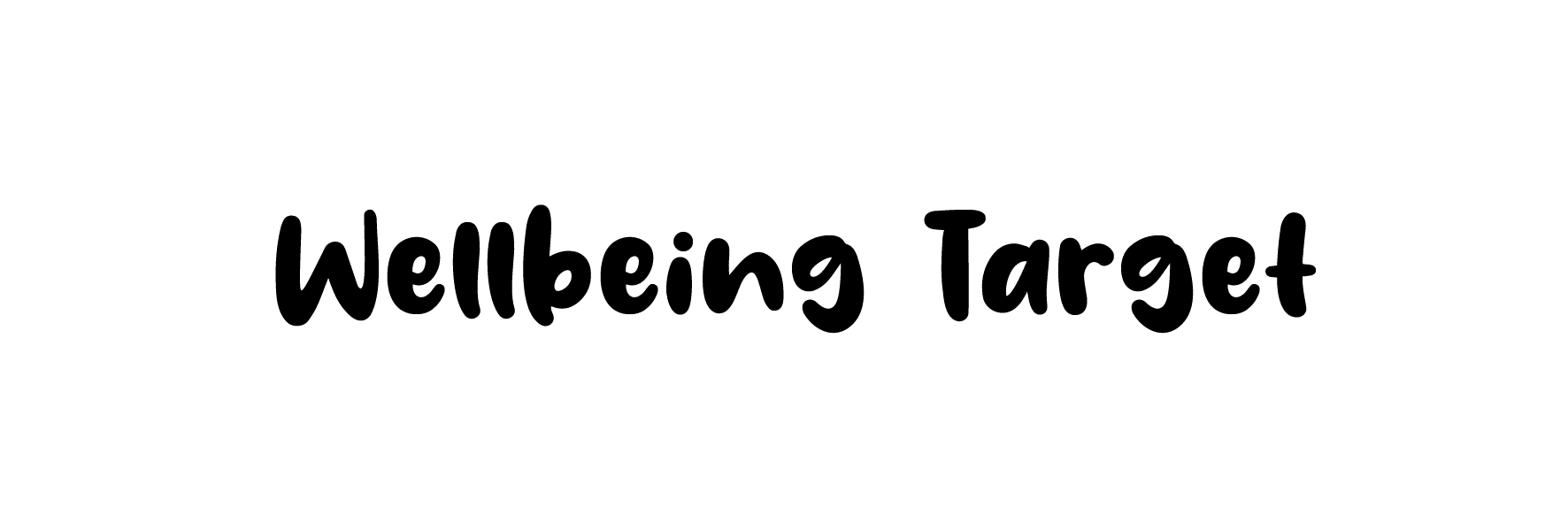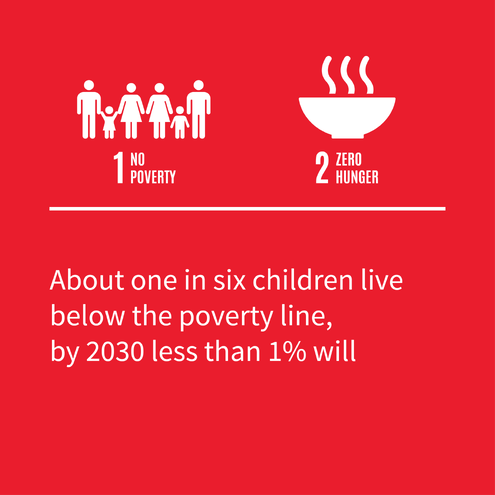Kai | Food
SEMINARS
The Waikato Kai Challenge - How might we end Hunger in the Waikato?
Our Manu Taki for SDG 1 and 2 Anna Casey-Cox, Norm Hill, Ioana Manu, Cilla Abbott and Rob Hoy are active in many aspects of achieving no poverty and zero hunger. They are actively engaged in services that meet immediate needs as well as being focused on enabling social change.
Ioana Manu is a champion of the Kirikiriroa Kai Collective which brings together many of the services in Kirikiriroa working to reduce food needs. The collective recognises the value of kotahitanga and working together and was instrumental in calling for a Kirikiriroa Kai Strategy.
This strategy, named Rongomātāne, Kai Māori, Kai Ora, is taking shape through the leadership of Norm Hill. A series of consultation hui are planned and, in consideration of covid restrictions, the hui will likely commence in early 2022. Rob Hoy, our new Manu Taki for SDG 1 and 2, is using his skills to collate data in support of the kai strategy.
The Manu Taki are all engaged with various strategies focused on developing kai resilience and kai sovereignty in our region - this includes supporting the network of Te Puna Kai o Waikato - an initiative of Go Eco that focuses on connecting communities with Papatūānuku through kai growing. Maara kai are developing throughout the Waikato, including a 22 hectare maara kai in Rāhui Pōkeka and a Tongan whānau garden in Templeview, Kirikiriroa. Celebrating and supporting diverse local kai initiatives is an important aspect of kotahitanga and the mahi of the Manu Taki.
Seminar One:
On 22 June we held an online Hui hosted by the Waikato Wellbeing Project Manu Taki for SDG1&2 along with guest speakers, Joyce Maipi and Arthur Grimes.
Guest Speakers
Norm Hill, Anna Casey-Cox, Ioana Manu and Cilla Abbott, WWP Manu Taki for SDG1 and SDG2.
The Manu Taki team presented the vision of the Rongomātāne Strategy along with insight drawn from their consultation kōrero with Kaumatua thus far. An example of the strategy in action will be shared from whānau growing kai for their community.
Joyce Maipi
Joyce Maipi is part of the 27 hectare Matawhaanui community garden initiative. The vision for the initiative is for a food forest where people can come to feed themselves, foraging on fruit trees and vegetable crops. Providing access to rongoā is also important.
Arthur Grimes
Arthur Grimes is Senior Fellow at Motu Research, and Professor of Wellbeing and Public Policy at Te Kura Kāwanatanga, Te Herenga Waka (Victoria University of Wellington School of Government).
“Professor Mason Durie’s Te Whare Tapa Whā model places te taha wairua (spirituality) as being central to Māori wellbeing. In turn, whenua (land) is central to te taha wairua. Today, Māori own just 5% of land in Aotearoa, although proportions and experiences of land-loss differ across iwi. Arthur will discuss the implications of these research findings for the importance of whenua for Māori wellbeing and health.”
Seminar Two:
Hosted by the Waikato Wellbeing Project Manu Taki for SDG1&2. Norm Hill, Anna Casey Cox, Cilla Abbott and Ioana Manu.
Join the Waikato Wellbeing Project Manu Taki for SDG1&2 along with guest speakers, Lisa Booth (Kete Kai) Mike Rolton (Vinnies) and Dr Rebekah Graham as they discuss the Waikato Kai Challenge - How might we end hunger in the Waikato?
Guest Speakers
Lisa Booth - Kete Kai
Lisa Booth is founder and CEO of Kete Kai, an affordable meal kit solution — borne out of her frustration with the current food system. Kete Kai is dedicated to not only ending food insecurity that disproportionately affects the Māori and Pasifika communities within Aotearoa, but has a goal to provide job opportunities and activate real change from within. Their kaupapa: to end food insecurity by 2030.
Mike Rolton - Vinnies
Mike has been the General Manager of St Vincent de Paul, Hamilton since 2013. Vinnies provide a range of social wellbeing services to the people of Hamilton including affordable power via Our Power, healthy homes, family budgeting advice and furniture services, a Christmas toy run, a free lunch programme to 23 schools in the city, community lunches, pensioner lunches in Huntly with the Pacific Island community, six retail shops and an on-line shop.
Dr Rebekah Graham
Dr Rebekah Graham (Pākehā) is based in the Waikato region of Aotearoa New Zealand. Rebekah is a registered community psychologist and currently works for Parents of Vision Impaired NZ. In this role, Rebekah advocates strongly and consistently for inclusion, accessibility and support for all, with a focus on parents/whānau of a vision impaired child. Dr Graham’s academic work is in the areas of poverty, health, and food insecurity with a particular focus on the ways in which inequities of access to resources play out in the everyday lives of New Zealanders. She is particularly interested in creating healthy communities that facilitate well-being for all.

Our children can thrive because none are hungry at school or cold at home. They can afford to participate in social, artistic, cultural and sporting activities.
None of our children are hungry
*this is the before-housing cost relative poverty measure, it is 1 in 4 once housing costs are accounted for


